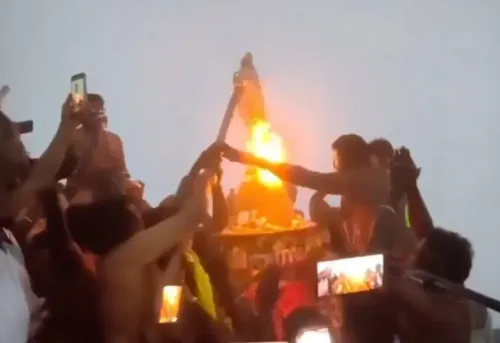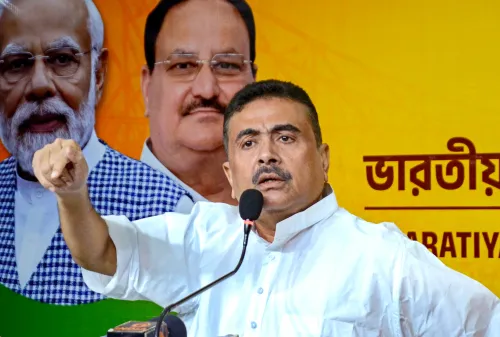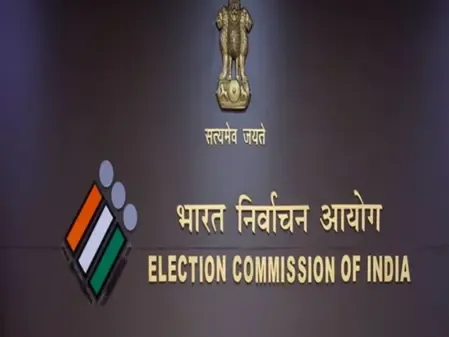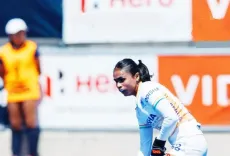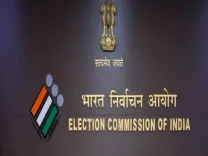Why Did the J&K and Ladakh High Court Refuse to Quash FIR Against a Muslim Man Accused of Triple Talaq?
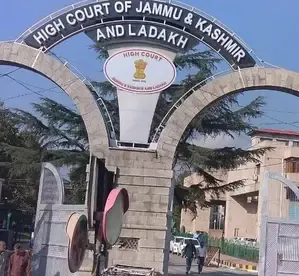
Synopsis
Key Takeaways
- The J&K and Ladakh High Court's refusal to quash the FIR highlights legal accountability in cases of triple talaq.
- Instant triple talaq is deemed illegal under the 2019 Act, reinforcing women's rights.
- The court's decision emphasizes the importance of evidence in legal proceedings.
- Legal frameworks play a crucial role in addressing personal law issues.
- This case may set a precedent for future interpretations of the law.
Jammu, Aug 20 (NationPress) The High Court of Jammu and Kashmir and Ladakh has declined to annul an FIR against a man from Kupwara accused of ending his marriage through instant triple talaq conveyed via text message.
A single-judge Bench led by Justice Javed Iqbal Wani was reviewing a petition submitted by Shabir Ahmad Malik under Section 482 of the CrPC, contesting the FIR lodged under the Muslim Women (Protection of Rights on Marriage) Act, 2019.
In September 2022, an FIR was initiated at the Women’s Police Station in Kupwara based on a complaint from Malik’s spouse, who alleged that he had divorced her by announcing triple talaq through a mobile text message. Malik argued in his petition that he had not committed any offense under the 2019 Act, claiming that the FIR was ambiguous and the declaration of Talaq-e-Ahsan did not constitute a criminal act.
Conversely, the complainant maintained that she was divorced through “instant triple talaq” via a text message, and she provided screenshots of the message as evidence.
After considering the arguments, Justice Wani concluded that, prima facie, the allegations of instant triple talaq delivered through a text message constituted a violation of the law. He noted that the 2019 Act clearly defines talaq as “talaq-e-biddat or any other similar form of talaq leading to immediate and irrevocable divorce pronounced by a Muslim husband.”
The J&K and Ladakh High Court emphasized that Section 3 of the Act renders any such declaration “void and illegal,” while Section 4 stipulates a punishment of up to three years in prison along with a fine.
“The complainant/respondent 2 here alleges she was divorced via triple talaq by the petitioner on her brother’s mobile, and this was communicated to her. The screenshots of the text messages have been presented as evidence by the investigating agency, which the petitioner has not disputed. Therefore, the petitioner’s reliance on the Talaq Nama… is inconsequential,” remarked Justice Wani.
In refusing to quash the FIR, the J&K and Ladakh High Court, referencing the Supreme Court ruling in the Priti Saraf v. State of NCT of Delhi case, asserted that inherent powers cannot be wielded to prematurely terminate a prosecution. “This Court is not inclined to utilize inherent power to halt the prosecution at its initial stage,” stated Justice Wani, dismissing the plea.
The J&K and Ladakh High Court clarified that its remarks pertain solely to the resolution of the quashing petition and “should not be interpreted as an opinion regarding the guilt or innocence of the petitioner.”



